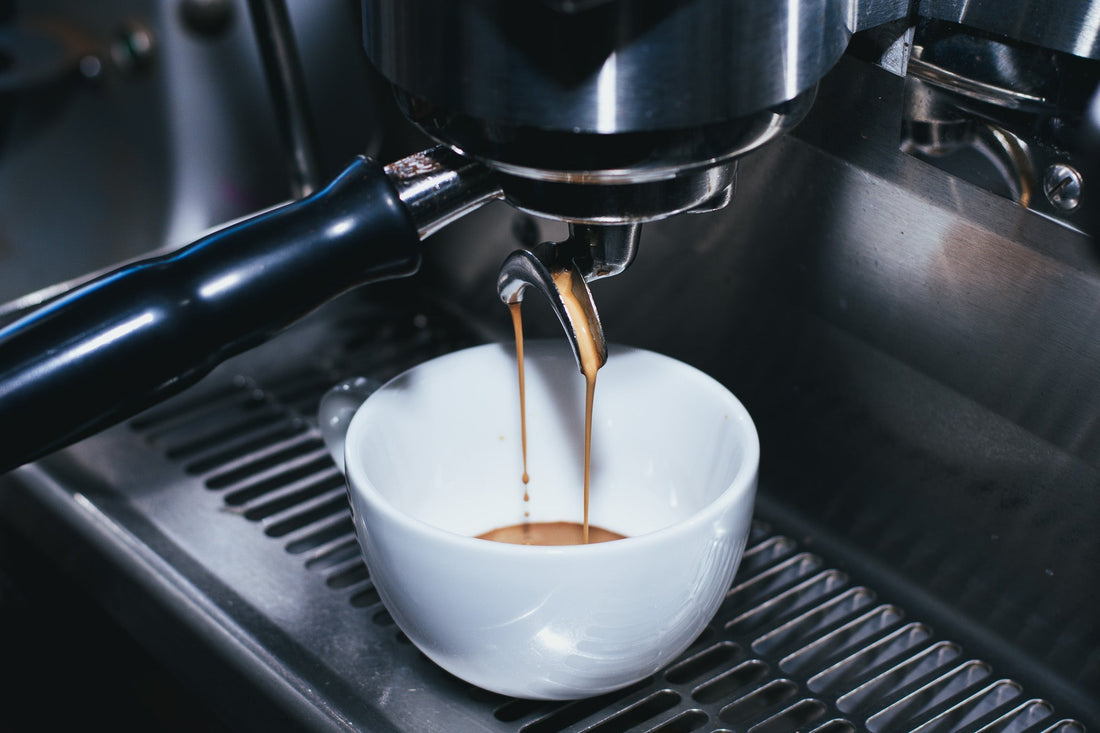How Does Taste Work? Why That Espresso Reminded Me of Amaretto
The other day, I pulled a shot of espresso that tasted strangely like amaretto. There was no almond liqueur in the cup—just a regular espresso—but the flavour notes were unmistakable. So what’s going on here? How did I end up having that experience?
Let’s talk about how taste actually works.
Taste Is More Than Just Your Tongue
Most people think taste happens solely on the tongue. But really, it’s a combination of two powerful senses: taste (from your tongue) and smell (from your nose). These work together to create what we call flavour.
Both your tongue and your nose generate electrical impulses when they detect certain chemicals—whether it’s sugar, acid, salt, or volatile aromatics. These signals travel to your brain, which then interprets them. But here’s the twist:
Your brain doesn’t just decode those signals on the spot. It links them to memories.
Memories Shape What You Taste
Think about apple juice. If someone handed you a glass of it while you were blindfolded, you’d likely identify it almost instantly. That’s because, for years, your brain has built a connection between the sensory signals from apple juice and your childhood memories of eating apples or drinking juice from a box in your lunchbox.
The same thing happened with my espresso. The chemical compounds in the coffee created a similar pattern of sensory input—particularly from the aroma—that reminded my brain of amaretto. And just like that, I experienced that flavour, even though it wasn’t physically present.
Great Tasters Are Great Rememberers
Ever wondered how professional wine tasters can identify things like cherries, tobacco, or vanilla in a glass of red? It’s not magic. They’ve simply trained their brains to associate certain patterns of smell and taste with specific memories.
When they sip a wine and say, “Ah, that reminds me of cherries,” what they’re really doing is recalling the electrical impulses their body experiences when they eat cherries—and matching that to what they’re currently sensing.
The Takeaway
Our perception of taste is a beautiful, complex blend of chemistry, biology, and memory. The more flavours you expose yourself to—and the more intentional you are about remembering them—the better you’ll get at tasting.
So next time your coffee reminds you of a childhood treat or a distant flavour, know this: your brain is doing some very clever work behind the scenes.

